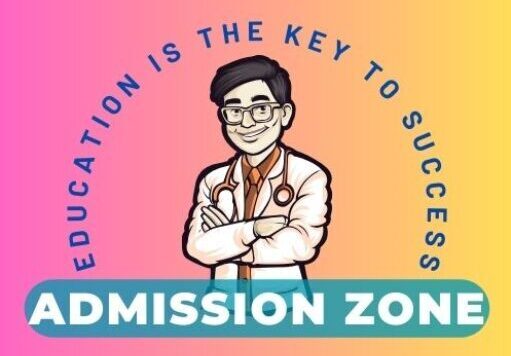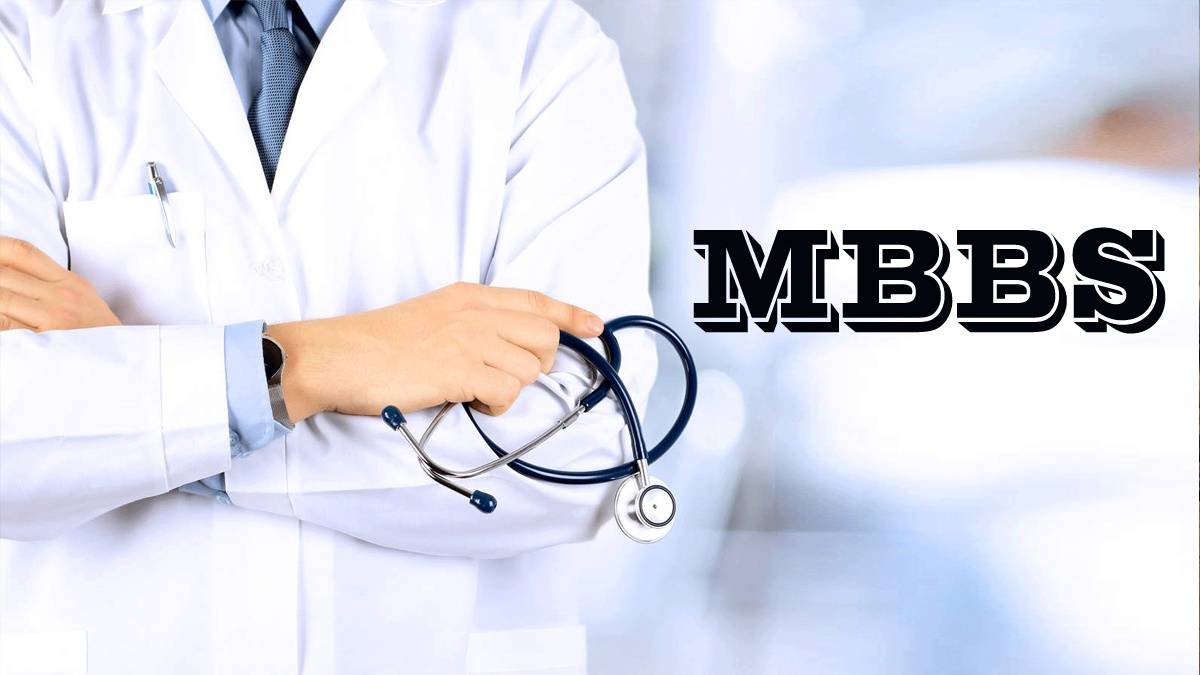Overview of Medical Courses:
1. MBBS (Bachelor of Medicine, Bachelor of Surgery):
- MBBS is a fundamental medical degree, typically spanning five and a half years, including a one-year internship. It equips students with foundational knowledge in anatomy, physiology, pathology, pharmacology, and clinical skills. today we can discuss about medical courses in india.
2. BDS (Bachelor of Dental Surgery):
- BDS is an undergraduate program focusing on dental sciences. It involves the study of dental anatomy, oral pathology, and clinical dentistry. Graduates become qualified dentists capable of providing oral healthcare.
3. BAMS (Bachelor of Ayurvedic Medicine and Surgery):
- BAMS is an Ayurvedic medicine program, emphasizing traditional Indian medicine. Students study Ayurvedic principles, herbology, and therapeutic practices to become Ayurvedic practitioners.
4. BPT (Bachelor of Physiotherapy):
- BPT focuses on physical therapy and rehabilitation. Students learn about anatomy, physiology, and therapeutic exercises, becoming skilled physiotherapists to aid patients in regaining mobility and functionality.
5. Nursing Courses:
- Nursing courses include B.Sc Nursing, GNM (General Nursing and Midwifery), and ANM (Auxiliary Nurse Midwife). These programs prepare individuals for diverse nursing roles, from bedside care to specialized healthcare.
6. B.Sc Allied Health Sciences:
- B.Sc Allied Health Sciences covers various disciplines such as Medical Laboratory Technology, Radiography, and Respiratory Therapy. Graduates contribute to diagnostics and therapeutic services in healthcare.
7. BHMS (Bachelor of Homeopathic Medicine and Surgery):
- BHMS focuses on homeopathic medicine, emphasizing natural healing approaches. Graduates become homeopathic practitioners capable of treating ailments using homeopathic remedies.
8. B.Optom (Bachelor of Optometry):
- B.Optom is dedicated to optometry, where students learn about eye care, vision correction, and optometric practices. Graduates become optometrists providing essential eye care services.
Admission Process:
1. NEET Exam:
- The National Eligibility cum Entrance Test (NEET) is a common entrance exam for admissions to medical courses in India. It evaluates candidates’ aptitude for medical studies.
2. State Entrance Exams:
- States often conduct their entrance exams for medical courses. For example, Karnataka conducts the Karnataka Common Entrance Test (KCET).
3. Counselling Process:
- After qualifying exams, candidates undergo counseling. Centralized counseling, like MCC counseling for NEET, or state-specific counseling, is conducted to allocate seats based on merit.
4. Direct Admission through Quotas:
- Management and NRI quotas allow direct admission to certain seats. This process involves a separate application and admission procedure.
Significance of Medical Courses:
Medical courses play a pivotal role in addressing global healthcare needs. Graduates contribute to disease prevention, diagnosis, treatment, and rehabilitation. The significance of these courses extends beyond clinical settings, encompassing research, public health, and community well-being.
Challenges and Opportunities:
1. Rigorous Curriculum:
- Medical courses are known for their demanding curriculum. Students must balance theoretical knowledge with clinical practice.
2. Evolving Technology:
- Advances in medical technology require continuous learning to stay abreast of the latest diagnostic and treatment modalities.
3. Patient-Centric Approach:
- Medical professionals need to develop effective communication and empathy, fostering a patient-centric approach to healthcare.
4. Research and Innovation:
- Opportunities for research and innovation abound, allowing medical professionals to contribute to advancements in healthcare.
Conclusion:
Medical courses lay the foundation for a fulfilling career in healthcare. Whether aspiring to be a physician, dentist, nurse, or allied health professional, these courses offer a diverse array of specializations. Admissions processes, including entrance exams and counseling, ensure that qualified individuals enter the healthcare workforce, addressing the global demand for skilled medical professionals. As the field continues to evolve, medical courses remain at the forefront of education, shaping the future of healthcare delivery and innovation.


